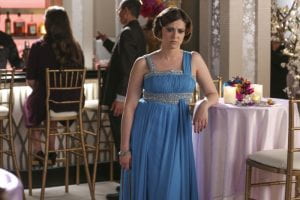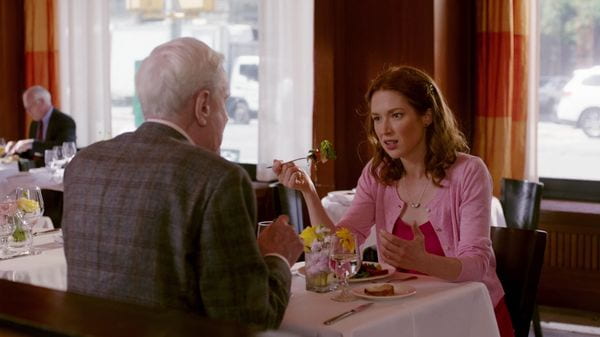Good evening fellow Scandal fans!!

** these Scandalous feelings got me like…
Tonight, we are discussing THEME. The final episode of Scandal’s first season deals heavily with the theme of morality. Almost every single main character is shown facing questions about their morality. A long chain of immoral actions and unethical decisions becomes a vicious cycle as the culprits start lying in order to cover their previous mistakes.
Well, let’s begin at the start of the episode. It opens with a very gruesome scene that places Quinn at the scene of a horrific murder. Instead of calling the police, Quinn calls Olivia. Together the team argues over whether they are willing to break the law and risk their freedom to defend someone they barely know. Ultimately, they decide to break the law, not because they care about protecting Quinn, but solely because of their fierce loyalty to Olivia.
From here, the show depicts how Billy, the victim’s actual murderer, copes with his actions. He must decide whether he will come clean, run away, or cover it up. Initially, Billy really grapples with himself after killing the victim. In private, he struggles with his emotions, but he puts on a brave and innocent face in public. Billy finally decides to lie about this incident and make up an additional issue concerning the President, raising further questions of morality.
Next, the President must decide how he will handle his immorality. At first, it seems as if Fitz will do the unthinkable and actually tell the truth about his affair(s). Shockingly, his wife and former mistress (Olivia) convince him to lie about his affair with the office aide.
Finally, David, the Attorney General, condemns Olivia and her team for breaking the law. He calls himself the law and states he will always keep it. However, in the very last scene, we see David conflicted with compassion and the moral high ground. Thankfully for Quinn, David chooses compassion. But, we can tell this decision still really bothers him, as he feels he is betraying his country and his duty to uphold justice in this country.
Overall, this particular episode of Scandal desires to demonstrate to viewers that each human on this earth will face different questions of morality. In this episode, the show asks the hard questions like, “Is doing the right thing always right for everyone?” or “Is kindness more important than justice?” and of course, “How do you internally handle your immorality?”
Obviously, a show called Scandal will be dealing with some aspects of immorality. But, by showing how each character wanted to respond to the immorality they faced, versus what they ended up doing, Scandal shows us that the world is not strictly black and white. Sometimes good people do bad things for the right reasons. Sometimes bad people do good things for no reason. And, sometimes people just don’t know what they are doing at all, but they desire the best for others.




